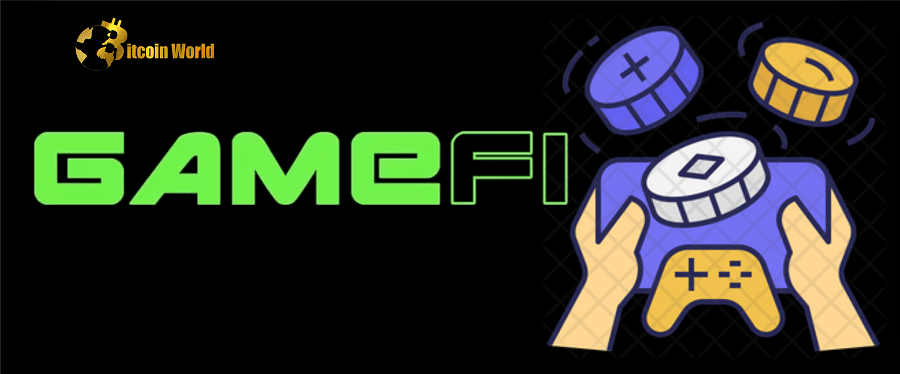Many casual gamers are still hesitant to play blockchain-powered games, but gaming executives feel that one good game might change that.
According to three blockchain gaming firm co-founders, the casual gaming sector will continue to be a critical audience for blockchain games and nonfungible tokens (NFTs) in gaming.
Casual gamers, or people who play games on a regular basis but rarely devote considerable time to them, are the industry’s largest section.
Kieran Warwick, co-founder of the blockchain role-playing game Illuvium, referred to casual gamers as “important” due to their sheer number.
According to Exploding Topics, there will be more than 3 billion gamers globally by 2023, with at least 1.95 billion being casual gamers.
According to Warwick, gamers interested in generating in-game revenue, who are mostly from poor countries and are particularly drawn to mobile gaming, are becoming increasingly relevant.
However, Warwick acknowledges that there is a “huge hurdle” in luring casual players into the market due to the assumption that blockchain games are of poor quality.
Despite this, he believes that NFTs, blockchain, and Web3 have a promising future in mainstream gaming.
“NFTs, blockchain, and Web3 will have a long-term presence in mainstream games, as mainstream game creators are already working on embedding these technologies into their games, despite some pushback from their communities,” Warwick stated.
“As more fun and engaging NFT-based games are developed, gamers will likely experience the benefits of ownership and will not want to return to traditional games,” he added.
Yat Siu, the co-founder and chairman of Animoca Brands shares a similar stance calling the mass casual audience “very crucial” for blockchain and NFT games, arguing: “Games are still games regardless of whether they’re casual or mid-core. Casual games were one of the factors that contributed to the growth of mainstream gaming.”
According to Siu, the mainstream game sector “stopped booming” between 2010 and 2011. The emergence of mobile games aided in the revitalization and attraction of a whole new generation of gamers, a feat that blockchain gaming must emulate.
Siu believes that all it takes is one good game to spark a blockchain gaming boom, which he estimates will begin within the next 18 to 24 months, with hundreds of millions of players entering the area.
“I think we’re charting a fairly decent chart, but you know, you’re not going to convert everyone overnight, are you? But it’s just getting started, and people are having fun, and the games are becoming better,” he remarked.
“All you need is one game that is reasonably successful, and you’ll basically get enormous news, and because it’s Web3, if it’s highly popular, it’ll leak into the other games.”
NFTs in games have encountered pushback from mainstream gaming audiences, leading several high-profile firms to cancel plans to incorporate them, but Siu believes this is just temporary until gamers gain a better understanding of how the technology works.
“I believe they are attempting to be sympathetic to their audience. So that’s the appropriate thing to do as a business. “You can’t just say, well, your thoughts don’t matter,” he explained.
“Most gamers I deal with say they support digital ownership of games but are still opposed to NFTs, but education will eventually change that,” Siu added.
According to Bozena Rezab, co-founder and CEO of GAMEE, a blockchain mobile gaming platform, mobile games will play a role in luring casual gamers.
“Casual smartphone games are the easiest route into gaming, with the ability to captivate a wide audience. “This is what these can offer in terms of introducing gamers to NFT / blockchain gaming,” she explained.
However, the gaming executive believes that numerous factors must be adjusted first, including the removal of paywalls, shorter sessions, and simpler setups for casual players.
“We are still studying the usage of blockchain technology in games; the concept of asset ownership is very powerful and will remain. “The specific game genres, game economic models, and features that will define the future have yet to be discovered,” she said.














